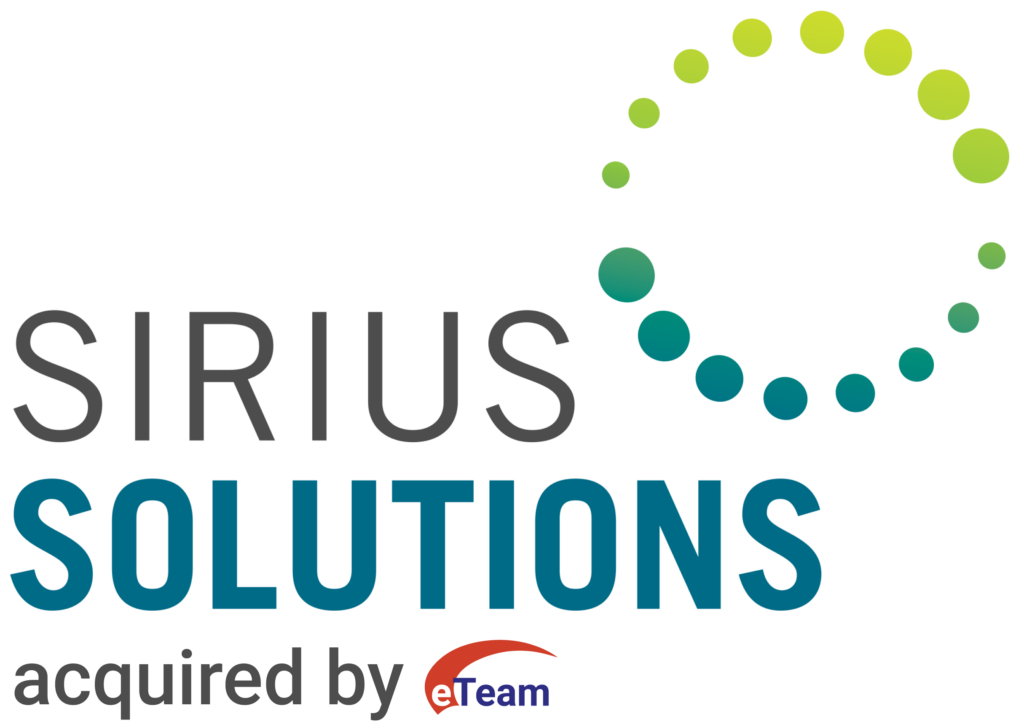Nine Strategies to a Compliance-Ready Profitable Organization

Navigating Regulatory Uncertainty
Periods of regulatory change require businesses to remain agile while maintaining operational stability. Recent Executive Orders and policy changes for several industries including, for example, the energy industry, provide a compelling case study of fluctuating de-regulation, trade policies, and reporting requirements that directly impact cost structures, supply chains, and revenue streams. These changes cause companies unprepared for these shifts to face fines, operational confusion, wasted time, and costly inefficiencies—all of which cut into profits. Over one-third of CFOs rank profitability as their greatest challenge—a reflection of the intense pressure from board members and investors, 61% of whom place it as a top priority.
A compliance-ready organization mitigates risk, enhances efficiency, fosters investor confidence, and creates a foundation for quick enforcement and adherence to shifts in policy while sustaining business growth.
Compliance: A Strategic Business Priority
We are witnessing a critical moment of reinvention for regulatory compliance. Guidelines are shifting—not disappearing but evolving. As corporations and institutions cope with mounting external pressures, forward-thinking organizations recognize that compliance is fundamentally a change management challenge, requiring sustained, intentional effort.
The current narrative is complex. While some companies take a reactive approach to compliance, the underlying need remains unchanged: creating an organizational framework where regulatory adherence and agility is ingrained in business operations. The key difference is the approach. Gone are the days of last-minute fixes; success demands rigorous adherence, clear communication, and a strategic focus on agility that supports both operational and financial progress.
There is a nuanced path forward for regulatory compliance. While certain enforcement priorities are being redefined, and rulemaking is expected to decline, organizations cannot assume a “hands-off” environment. Instead, businesses must prepare for proactive internal governance, embedding regulatory best practices so deeply that they become inseparable from how we define organizational excellence. The shift toward a smaller agency workforce and greater reliance on executive direction instead of formal rulemaking will require businesses to remain agile and closely track agency statements and shifting compliance expectations.
A Compliance-Ready Organization is a Profitable Organization
Regulatory and legislative changes remain among the top five business risks through 2026, driving uncertainty and increasing the complexity of compliance. Organizations that proactively adapt mitigate disruptions, improve workflow efficiency, and protect financial stability creating a clear connection between compliance and profitability.
Success Story: Energy Trading Company Implements New Compliance Standards
We witnessed this first hand when our client, a global energy trading company, required assistance with the implementation of new compliance standards. Partnering with Sirius Solutions, they implemented a comprehensive Compliance Policy and meticulous processes designed specifically for regulatory reporting, and enhanced transparency and compliance across all their operations.
9 Strategies for Building a Compliance-Ready Organization
- Develop a Centralized Data Management System: Compliance hinges on accurate, accessible, and real-time data. Implementing an integrated system for tracking regulatory changes, monitoring transactions, and maintaining historical records reduces compliance risks and improves operational efficiency.
- Leverage Technology to Streamline Compliance Processes: Advanced technologies such as artificial intelligence (AI) and machine learning can automate compliance tracking, flag anomalies, and improve risk assessment accuracy. Implementing compliance-focused software enhances efficiency and reduces human error.
- Conduct Regular Risk Assessments and Audits: Routine audits ensure adherence to regulatory standards and help businesses identify and mitigate vulnerabilities before they become costly compliance failures.
- Establish Cross-Departmental Collaboration: Compliance is not solely a legal or finance function—it requires seamless coordination across all departments. Regular communication and training ensure that employees at every level understand compliance expectations and procedures.
- Engage with Regulatory Bodies Proactively: Building strong relationships with regulatory agencies provides organizations with early insights into upcoming changes, allowing them to adjust strategies and avoid last-minute compliance scrambles.
- Implement Targeted Employee Training Programs: Compliance requirements evolve frequently. Continuous employee education ensures teams remain well-versed in regulatory updates, reducing the likelihood of non-compliance incidents.
- Develop Scenario Planning and Contingency Strategies: Predictive modeling and scenario analysis prepare businesses for potential regulatory shifts. Organizations that proactively assess different compliance scenarios can implement structured responses with minimal disruption.
- Strengthen Third-Party Risk Management: Vendors, suppliers, and third-party partners must align with your compliance framework. Conducting due diligence and implementing compliance clauses in contracts minimizes risk exposure.
- Invest in Compliance Expertise: Hiring experienced compliance specialists ensures that businesses can interpret and navigate complex regulatory changes efficiently.
Create a Compliance-Ready Organization
Becoming compliance ready is not a one-time exercise but an ongoing commitment to safeguarding the financial health and integrity of your organization. By being strategically agile, you can mitigate risk, enhance efficiency, foster investor confidence, and create a foundation for sustainable growth.
Sirius Solutions’ specialists are experts in their fields and global leaders with significant experience in regulatory compliance. If you face operational or financial challenges affecting your efficiency and profitability, let’s discuss creating a holistic strategy that resolves your urgent and critical challenges while empowering you for long-term success.
Sources
- Aon Global Risk Report (2024). “Regulatory and legislative changes expected to remain in the top 5 risks impacting businesses by 2026.” Retrieved from Aon Global.
- Jefferson Wells (2024). CFO Survey. Online survey of 171 US Heads of Finance & Accounting. Retrieved from Jefferson Wells.
